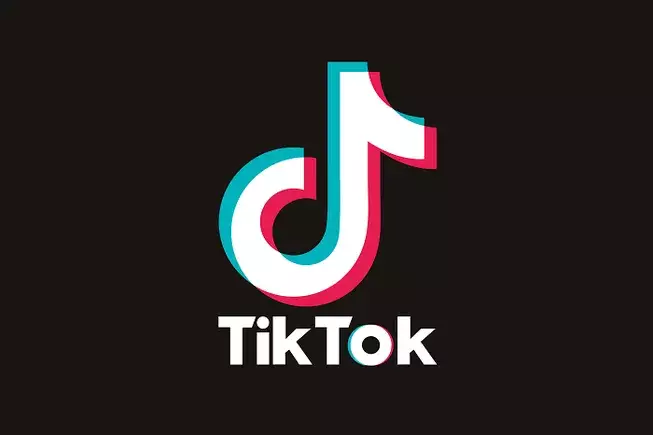The ongoing saga surrounding TikTok’s status in the United States exemplifies the complicated intersection of national security, technology, and international diplomacy. At the forefront of this discussion, Vice President J.D. Vance’s recent remarks suggest a glimmer of hope for TikTok enthusiasts, indicating that a resolution may be reached before the approaching April 4th deadline. However, this situation raises profound questions about the implications of such a deal, not only for TikTok but for broader U.S.-China relations.
The impetus for these negotiations stems from the “Protecting Americans from Foreign Adversary Controlled Applications Act” signed into law earlier this year. This legislation mandates that TikTok be sold to an American firm to mitigate security concerns linked to its Chinese ownership by ByteDance. This change aims to alleviate fears regarding user data potentially being accessed by the Chinese government—an issue that has perpetuated anxiety among lawmakers and the public alike. Yet, what seems like a straightforward pathway to regulatory compliance is fraught with complexities that challenge U.S. lawmakers to consider both security and economic spheres.
The Economic Stakes
While the national security concerns are valid and serious, it’s crucial to recognize the economic ramifications of a potential divestiture. TikTok is not merely a social media platform; it represents a multi-billion dollar industry, with a user base that has reshaped marketing, entertainment, and cultural trends across generations. Any abrupt decision to remove it from the U.S. market could have dire consequences for employees, advertisers, and content creators who rely on it as a primary income stream.
Moreover, discussions surrounding Oracle possibly stepping in as a buyer underscore the imperative for a strategic partnership rather than a complete severance from ByteDance. Given Oracle’s historical connections to former President Trump and its established work on issues like data separation, the potential for a joint venture speaks to a pragmatic approach. It highlights that while national security is paramount, economic interests play an equally influential role in the discourse.
The Political Dynamics
This situation is not merely a business arrangement; it is steeped in political maneuvering. As the administration navigates these negotiations, external pressures from both domestic audiences and international counterparts loom large. Trump’s previous attempts to ban the app were met with condemnation from civil rights advocates who perceived it as an infringement on free speech. Now, with different faces at the table and a more collaborative approach in mind, the dialogue between the U.S. and China could take on a more constructive tone.
Yet, skepticism remains. How genuine are these efforts to cultivate a secure yet operational TikTok? Will ByteDance genuinely relinquish enough control to satisfy U.S. demands? The prospect of getting buy-in from the Chinese government adds yet another layer of difficulty. The inherent competition and mistrust between the United States and China complicate any negotiations and could jeopardize the timelines and terms under discussion.
Public Sentiment and Future Considerations
The public’s reaction to these developments has been mixed, highlighted by an underlying concern about censorship and government overreach. Young users, who constitute the primary demographic on TikTok, may feel alienated by a potential ban or forced sale. This demographic’s engagement on social platforms is not just about leisure; it serves as a crucial outlet for expression and identity. Consequently, many users may be left questioning the legitimacy of governmental claims that prioritize their safety above their rights.
Looking forward, the outcome of these negotiations will inevitably set a significant precedent for how digital platforms operating in the U.S. are regulated. The response to TikTok’s situation could pave the way for future policies concerning foreign-owned applications and create standards that reflect the balance between safeguarding user data and encouraging international business collaboration.
As the April deadline approaches, the actions taken will resonate beyond just TikTok’s survival. They could influence how citizens perceive technological governance, international partnerships, and the delicate balance of protecting national interests while fostering economic innovation.

